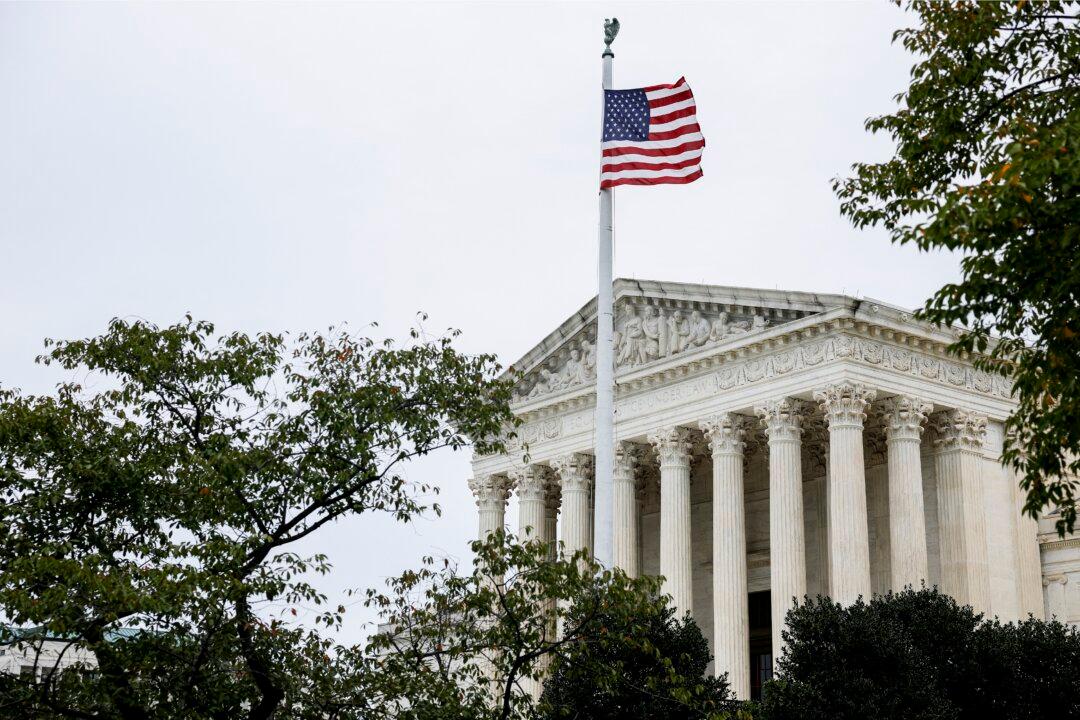The U.S. Supreme Court has returned to work after a three-month summer break. As this will be the first term with Justice Ketanji Brown Jackson on the bench, one retired judge shares his thoughts on what to expect.
According to an NPR report, the Supreme Court is the most conservative it has been in 90 years, with an unprecedented 62 percent of its rulings in the 2021–2022 term falling on the conservative side of the scales. However, Justice Ketanji Brown Jackson’s support for progressive ideologies has stirred concern among some conservatives.





